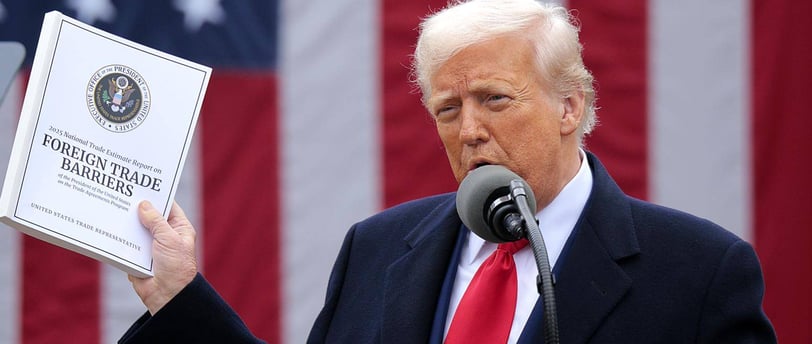Start Your Smart Investment Journey — Join UJI Investama.
Trump Leverages Security Authority to Advance Global Tariff Agenda
Washington, June 18 – Former U.S. President Donald Trump is once again drawing on national security powers to reinforce his long-standing global tariff agenda, signaling a continued hardline approach to trade should he return to office. In recent statements and policy proposals, Trump has emphasized the use of Section 232 of the Trade Expansion Act, which allows the president to impose tariffs on imports deemed a threat to national security. This mechanism was notably used during his previous administration to implement tariffs on steel and aluminum imports, triggering both domestic debate and international tensions. Sources close to Trump’s campaign suggest he is prepared to expand the use of this authority to impose broader tariffs, particularly on countries seen as undercutting U.S. manufacturing or posing strategic risks to the American economy. His strategy also includes the possibility of a universal baseline tariff on all imports, a move that could significantly reshape global trade dynamics. Critics argue that invoking national security in trade policy risks undermining multilateral trade norms and could provoke retaliatory measures from key trading partners. However, Trump and his supporters contend that such steps are necessary to protect American industries and reduce reliance on foreign supply chains. As global markets watch closely, Trump's use of executive authority in trade matters underscores the potential for heightened economic nationalism and a more protectionist U.S. stance on the international stage if he returns to power.
POLITICS
6/18/20251 min read


Contact us for more news and information about UJI Fund.
